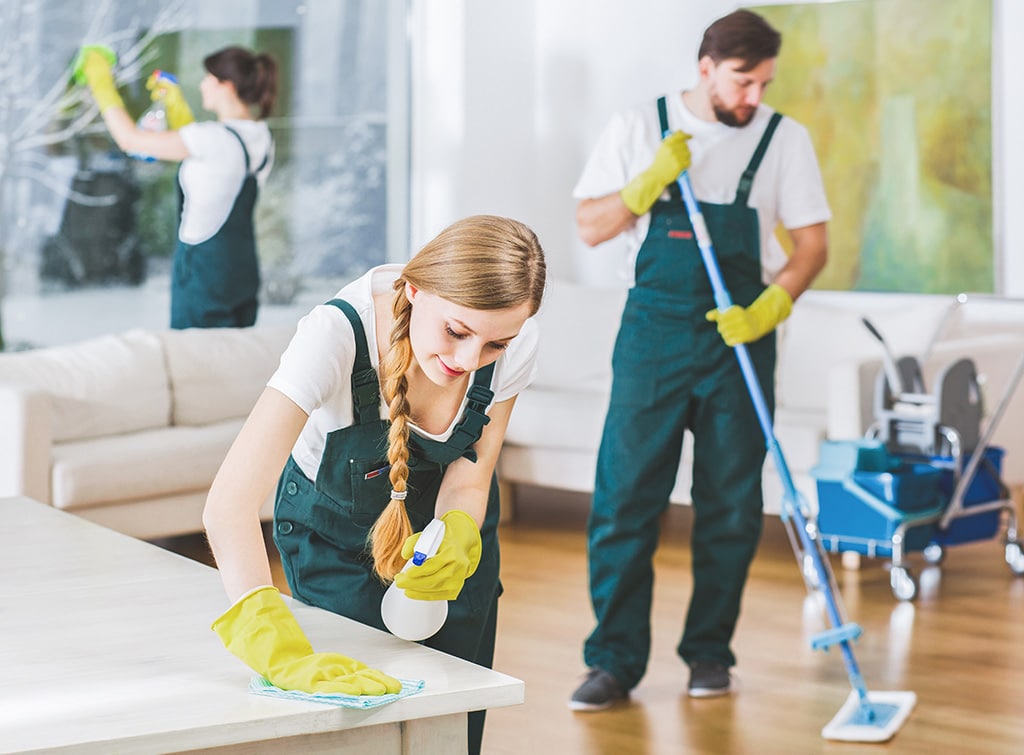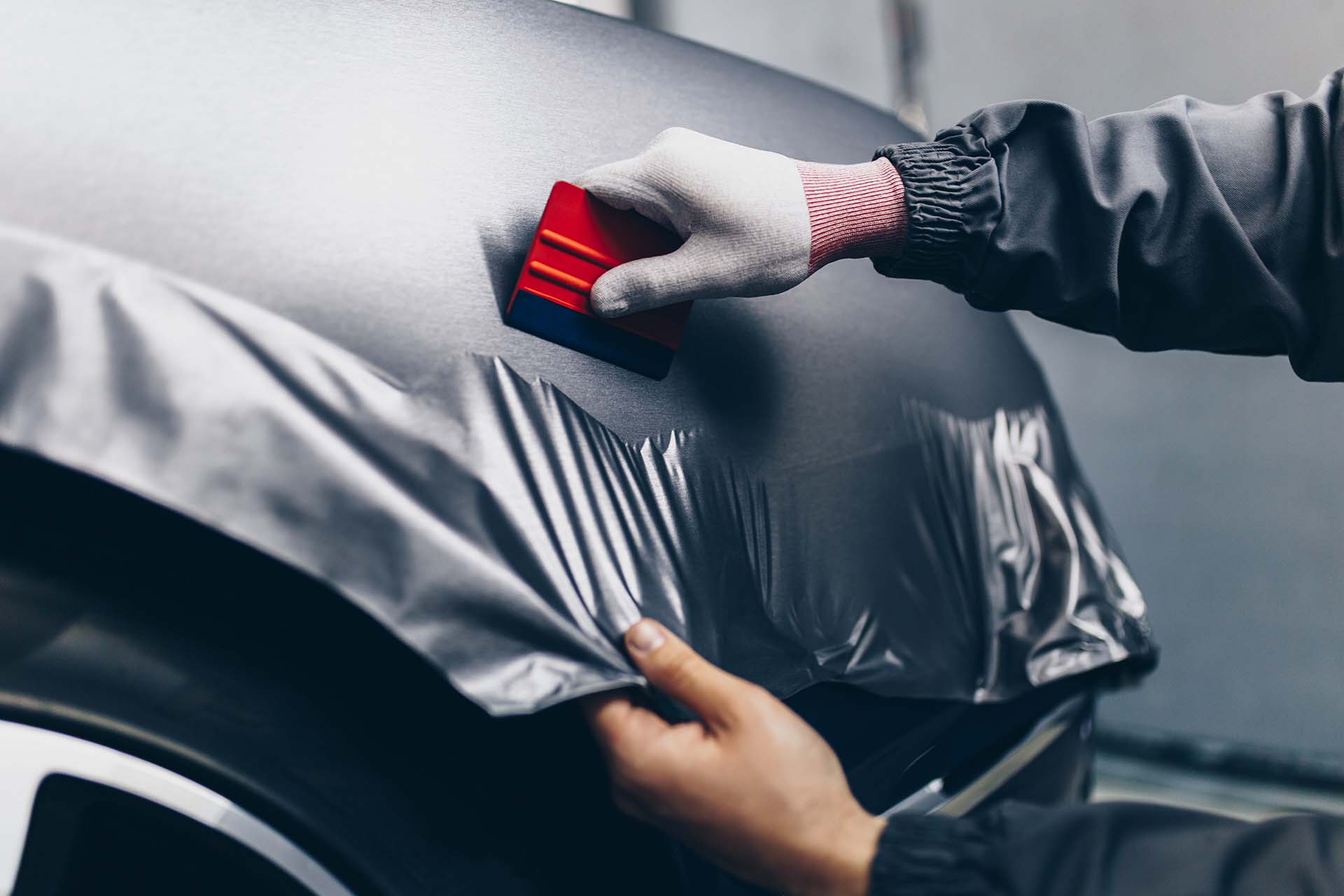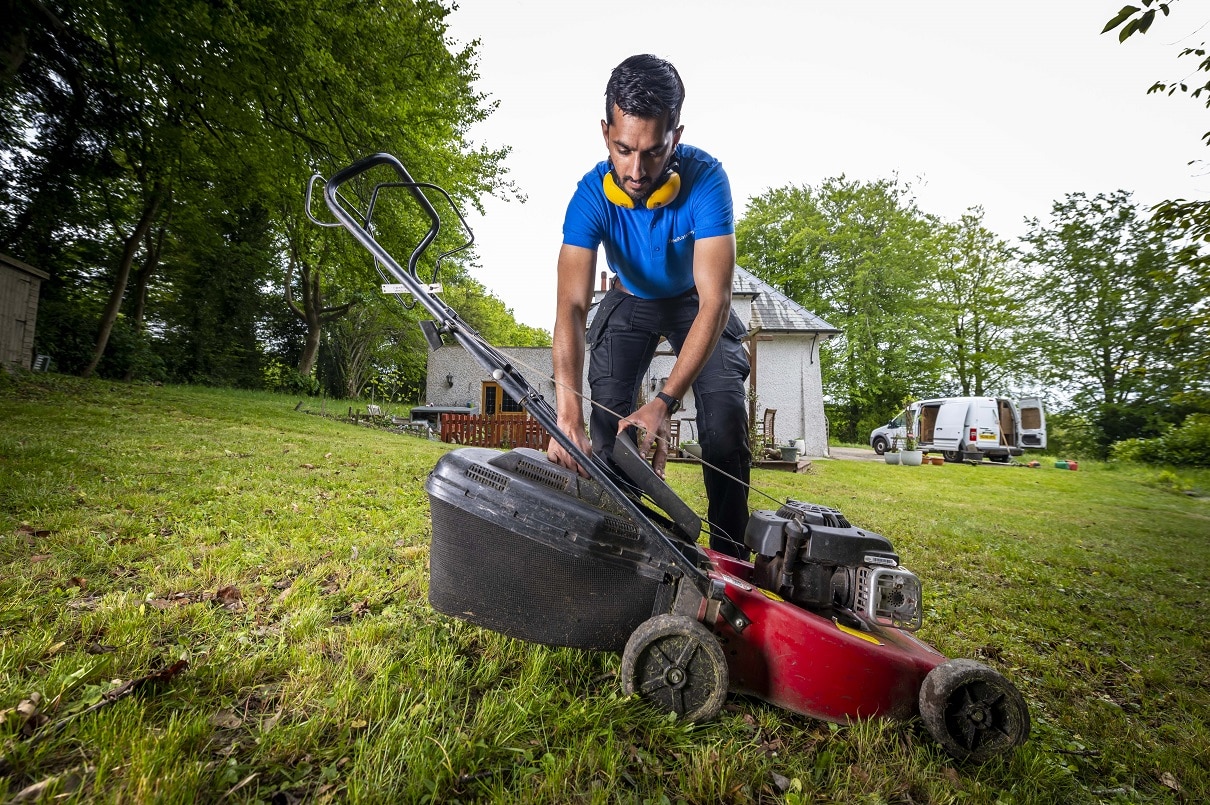Blog>Trade>Starting a Business>How to become a cleaner
Last updated: 18 December 2024
How to become a cleaner
Starting a career as a professional cleaner can be a flexible and rewarding job. And it’s relatively straightforward to get started. So, to get you started, we’ve put together our top tips and advice on how to become a cleaner.

Whether you plan on starting your own cleaning business or working for a company, we’ll talk you through how to become a cleaner in the UK.
So, if you're considering life as a professional cleaner, keep reading to find out how to start your journey.
How to become a cleaner in the UK
To help you get started with your career as a cleaner, here are some of the general steps that explain how to become a cleaner in the UK…
Step 1: Start with basic cleaning experience
Unlike other, more formal trades, you don’t necessarily need formal qualifications to become a cleaner.
Instead, you can start by getting some basic experience, such as taking up part-time or cleaning jobs in homes, offices, or schools.
Step 2: Get some relevant commercial or domestic cleaner training
Although it’s not essential to have qualifications, some formal training can help you stand out and prepare you for more specialist cleaning jobs.
Here are some of the professional cleaner training you might want to look into:
City & Guilds Level 1 or 2 Certificate in Cleaning and Support Service
Courses from BICSc or the National Academy of Specialist Cleaners (NASC)
Control of Substances Hazardous to Health (COSHH) training
First aid, manual handling, and health & safety training (for safe working practices)
You can find out more about commercial and domestic cleaner training online or at local colleges and learning academies near you.
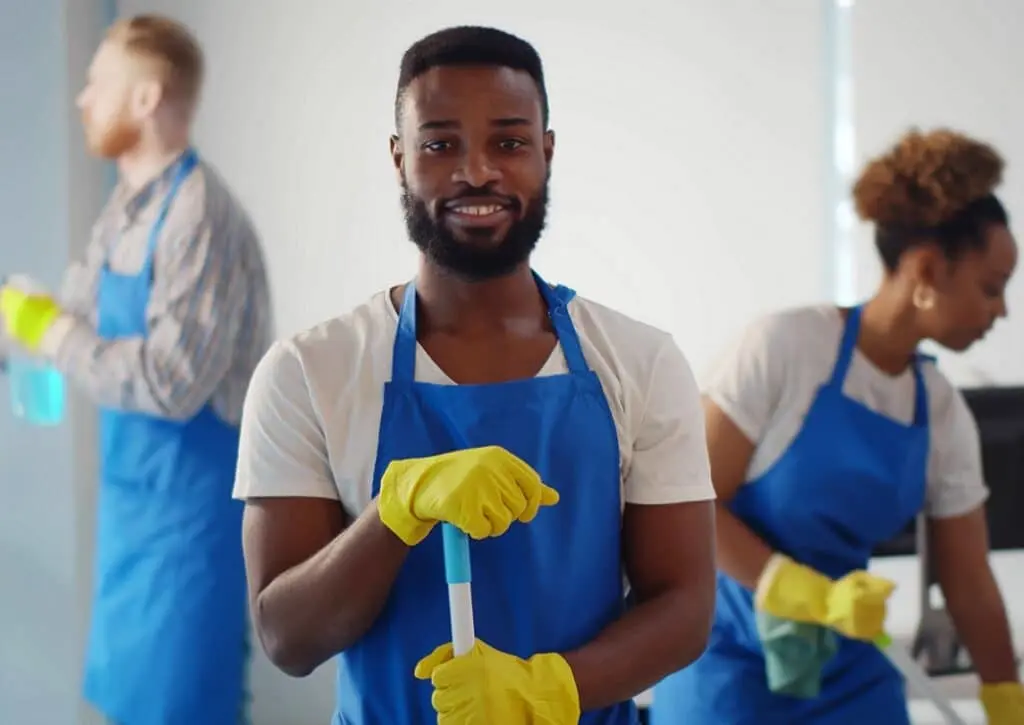
Step 3: Build up your practical skills
As a professional cleaner, it’s important to be efficient and detail-oriented if you want to provide first-rate cleaning services.
So, once you’ve got basic experience and potentially completed some professional cleaner training courses, it’s time to develop your practical cleaning skills.
Take time to learn the best cleaning techniques for different surfaces and understand which are the best cleaning products to use.
Step 4: Decide if you want to be employed or self-employed
There are plenty of opportunities for professional cleaners both working for a company and working for yourself. You just need to decide which option suits you best:
Working for a company – Offers stable hours, guaranteed pay, and less administrative work, but with less flexibility
Self-employed cleaning – You have more control over your schedule and earnings, but you have to manage your clients, taxes, and business operations
Ready to become a self-employed cleaner? Check out our guide on how to register as a sole trader.
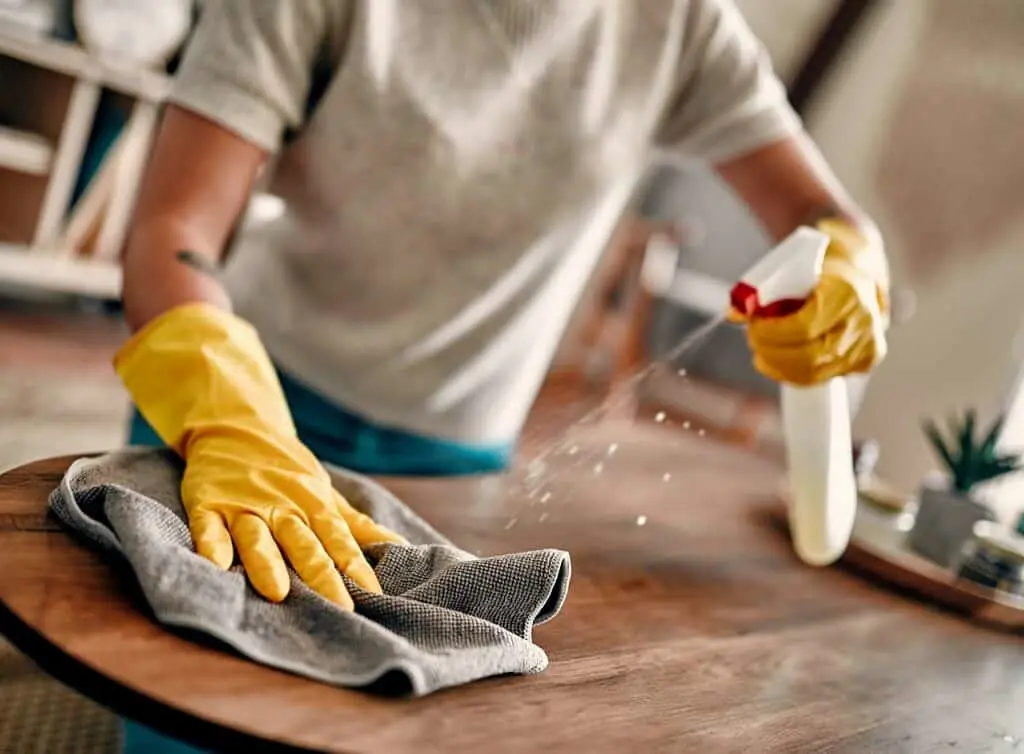
Step 5: Invest in the right cleaning equipment
Having good quality cleaning equipment is vital if you want to provide an effective, efficient professional cleaning service.
For self-employed cleaners, you’ll want to invest in cleaning basics:
A decent vacuum cleaner
Mop and bucket
Cleaning products
Cloths
If you decide to specialise in a certain area of cleaning, you’ll also need the relevant equipment and products for those services. For example, that could be specific industries such as carpet cleaning or drain cleaning.
Step 6: Build a strong professional reputation
To have a successful career in professional cleaning, you’ll need a strong reputation as a reliable, punctual, and efficient cleaner.
If you consistently clean to a high standard, your clients or employers will trust you to do a good job and give you more work.
And, if you’re self-employed, happy clients are more likely to recommend you to their friends, family and neighbours – a great source of more cleaning work.
What is reputation management, and why is it important?
Together, customer reviews and testimonials - plus whether or not you have a functioning website and social media profile - form your business’s online reputation. Your online reputation is essential to growing your business and winning more work, so you need to find time to give it the attention it
Step 7: Specialise your cleaning services to earn more
Once you’ve established yourself with general cleaning experience, you might want to consider specialising in certain cleaning services – such as:
Carpet and upholstery cleaning
Industrial or construction site cleaning
Pressure washing / power cleaning
End-of-tenancy or deep cleaning
Drain cleaning
Cleaning in medical or food environments
Once you've gained specific cleaning skills, you'll be able to offer your services to a niche market.
Checkatrade members get more for their money
Save money on business essentials with your Checkatrade membership
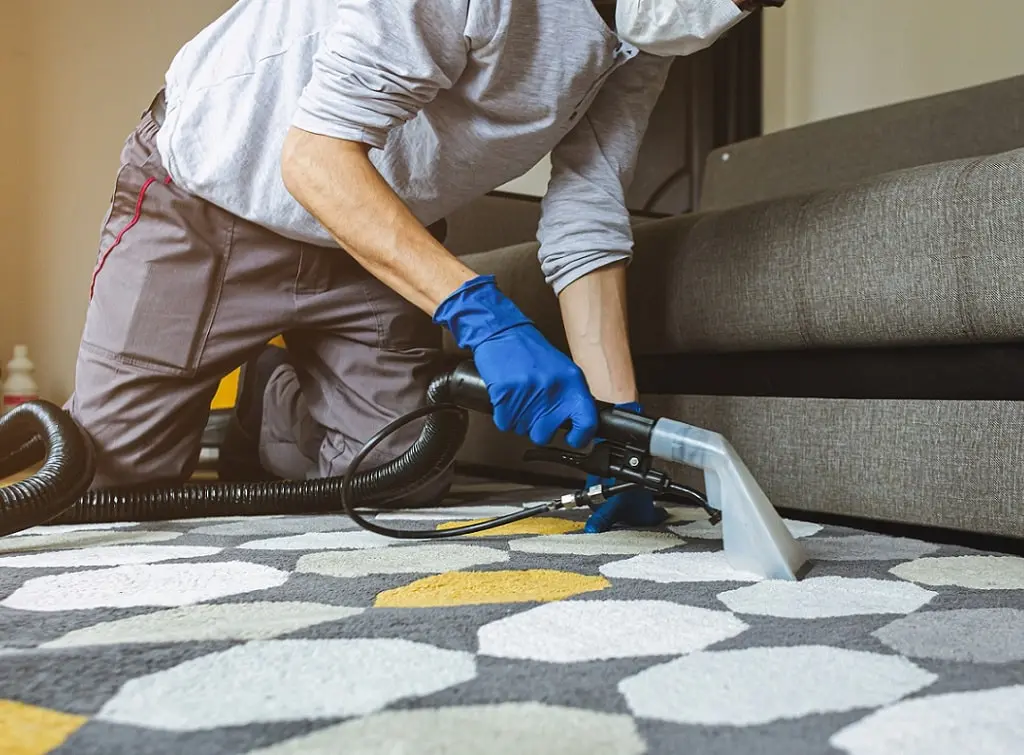
How to become a certified cleaner
Gaining recognised qualifications can set you apart from other professional cleaners in your area and help you win more cleaning work.
To get you there, here’s how to become a certified cleaner in the UK:
Choose the type of cleaning you want to do, e.g. domestic, commercial or industrial cleaning
Get basic training to boost your skills and employability, such as City & Guilds certification in cleaning
Consider specialised training and certification offered by bodies like the British Institute of Cleaning Science (BICSc)
Gain practical experience through internships, apprenticeships, or working alongside an experienced cleaner
Join cleaning industry associations, such as the British Cleaning Council (BCC) or the BICSc to enhance your credibility
By following these steps, you should have the necessary skills and experience to work as a certified cleaner in the UK.
How to become a specialist cleaner
Specialist cleaning jobs often pay more, but they will usually require additional training and certification.
Research the types of specialist cleaning services you’d like to offer and then look into relevant training courses you can take.
Top training courses for tradespeople looking to get ahead
It can be frustrating having to pass on jobs where you feel you lack the necessary skills. Even more so if you know you have the capacity to take on more work. The answer could be learning new skills. With the right approach, you can be a jack of more trades AND a master of them as well. Upskilling
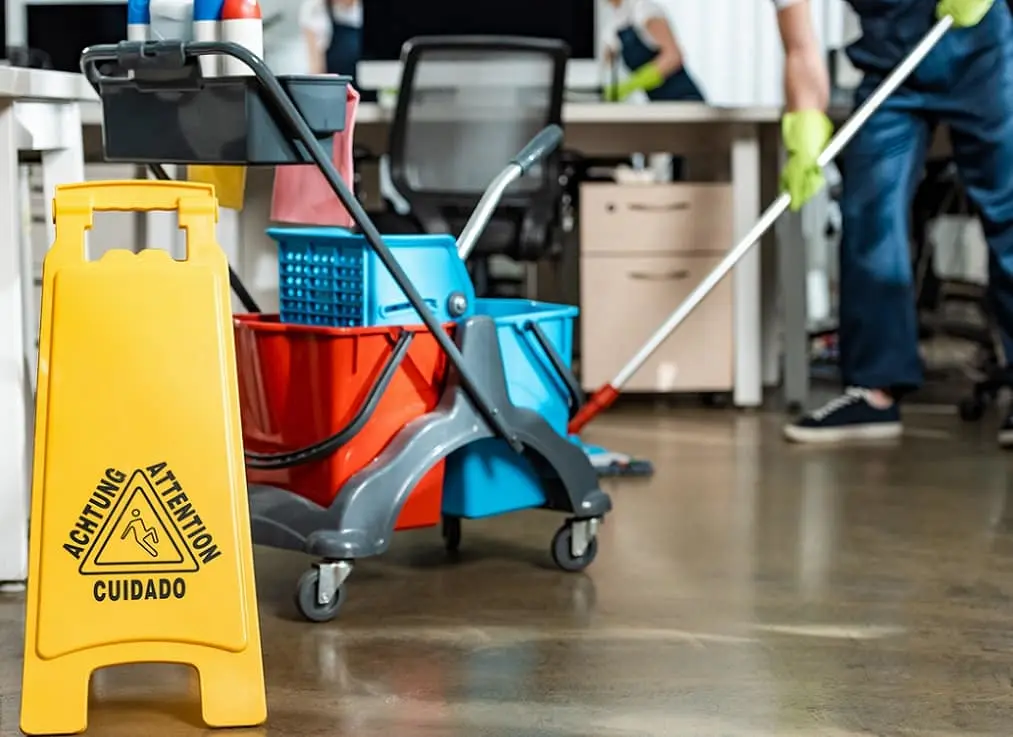
What does a professional cleaner do?
The day-to-day job of a professional cleaner is often varied. Although there are common jobs that you’ll be expected to do.
Here are some of the most common tasks that you’ll be expected to carry out as a professional cleaner:
General cleaning, such as vacuuming, sweeping, mopping floors, and dusting surfaces in homes or offices
Cleaning bathrooms and kitchens, including toilets, sinks, showers, worktops, and disinfecting surfaces
Emptying bins and properly disposing of rubbish and recycling
Restocking supplies like toilet paper, hand soap, and cleaning products
Equipment maintenance to keep them in good working order at all times
Identifying and reporting issues or safety hazards found during cleaning jobs
You’ll find that every day and every job will be different. And as you gain experience you might want to specialise in certain jobs that you enjoy doing.
Types of cleaning services you can offer
Deciding on the right types of cleaning jobs is an important decision to make when running your own cleaning business. Luckily, there’s a lot of different options to choose from. Perhaps you’re in the early stages of starting your own cleaning business, or maybe you want to make sure that your
Skills needed to become a cleaner
When researching how to become a cleaner in the UK, it’s helpful to consider the various skills that you’ll need for the job.
Attention to detail to ensure all areas are cleaned thoroughly
Time management so that you complete tasks efficiently within set timeframes
Knowledge of cleaning products and equipment so you understand how to use equipment and chemicals safely
Physical stamina to handle physically demanding cleaning tasks
Reliability and punctuality to consistently show up on time and meet job expectations
Customer service to communicate in a friendly and professional with your clients
Health and safety awareness that ensures you always follow procedures to prevent accidents and maintain a safe environment
By combining these skills, you’ll be in a strong position to offer first-class cleaning services to your customers.
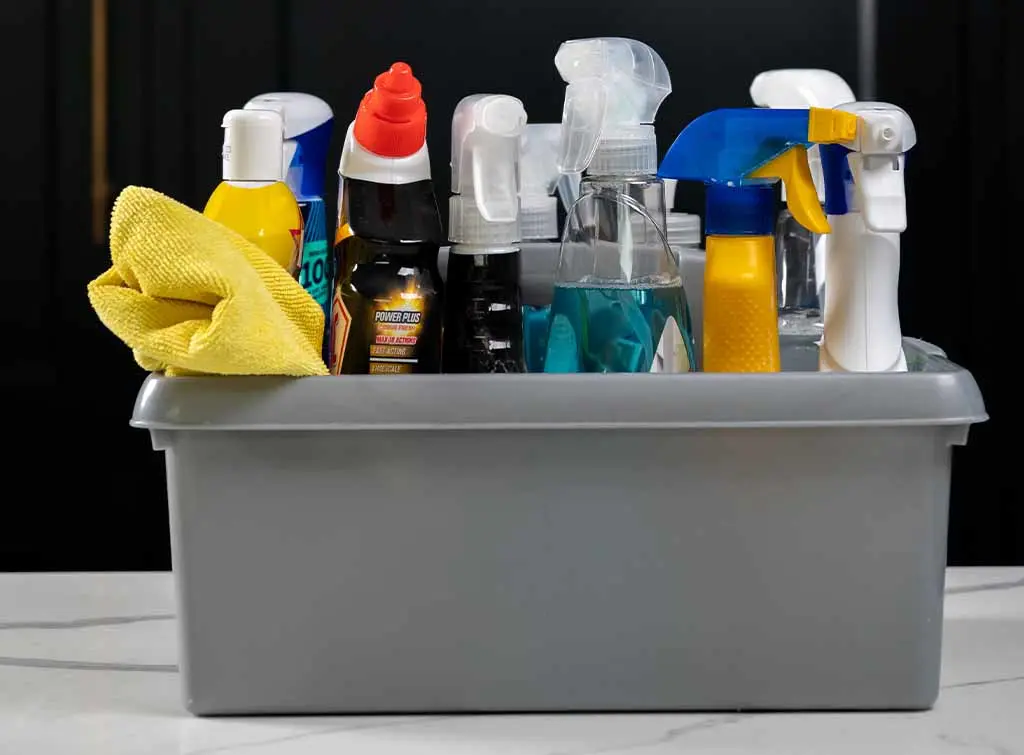
How to become a self-employed cleaner
Many cleaners in the UK are self-employed and work as sole traders. And the process of becoming a self-employed cleaner is relatively straightforward.
If you’re wondering how to become a self-employed cleaner, follow these steps:
Register your cleaning business
Get the right cleaning business insurance
Plan how you’ll manage your finances (and hire an accountant, if needed)
Invest in the right tools and equipment
Market your business online and in person
Want to know more? Check out our dedicated guide on setting up a cleaning business.
How to start a cleaning business
Demand for cleaners is rising and creating more opportunities for those looking to set up a business. That’s why now is the perfect time to go self-employed and make the most of a booming market.
Given that finances are an important aspect of being self-employed, here are some other guides you might find useful:
If you need help understanding whether self-employment is for you, we recommend speaking to a local accountant for professional advice and guidance.
Checkatrade members get more for their money
Save money on business essentials with your Checkatrade membership
Become the boss of your own cleaning business
If you’re eager and ready to start a cleaning company, our ‘Become the Boss’ series is there to help you achieve success.
Hear from tradespeople about their journeys, and apply the lessons they've learned.
Over a week, you'll get a total of seven e-mails (plus a bonus at the end). Along with a free business strategy call, you'll hopefully finish off as the owner of your own cleaning business.
Simply enter your e-mail address into the form below to get started today.


